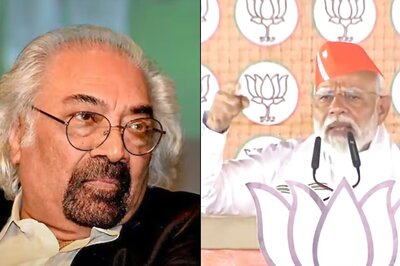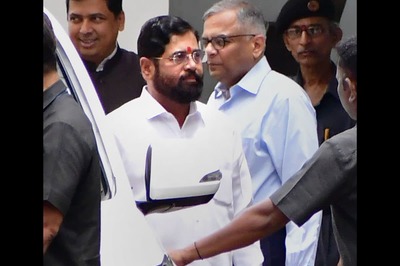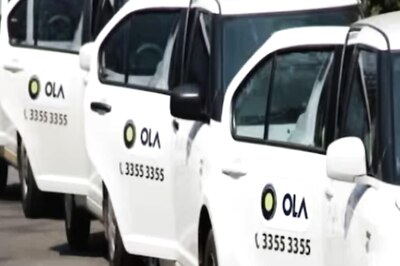
views
New Delhi: The changes in the Motor Vehicle Act, which have been watered down by many state governments, were discussed and deliberated upon in detail by a group of ministers and representatives from 21 states over two years before the law was enacted in the Parliament.
Some states, including those ruled by the Bhartiya Janata Party (BJP), have either delayed the implementation of law or diluted stringent provisions stipulating high penalties on offences under the statute.
“It was thoroughly debated and discussed by all stakeholders. It was only after getting a consensus that we decided to move the Bill,” said an official who has been closely associated with piloting the law.
Union transport minister Nitin Gadkari had constituted a group of ministers in 2016 to suggest changes in the Motor Vehicles Act. It was headed by Younus Khan, transport minister in Vasundhara Raje Schindhia's last government.
The committee met five times and representatives from 21 states, including ministers and officials, participated in the deliberations spread over two years. Maharashtra transport minister Diwakar Raote, who has disapproved the hike in penalties, also attended a GoM on Motor Vehicles Act.
The committee gave three interim reports to the government of India. The new Motor Vehicle Act was drafted and enacted on the basis of inputs and consensus arrived upon in these meetings.
For instance, the committee made detailed suggestions on penalties and punishments in the amended Motor Vehicle Act of 1988. For certain offences committed, the GoM had, by consensus, recommended an increase fines in multiple of the penalties stipulated in the 1988 Act.
For over-speeding, the police could earlier impose a penalty of Rs 300 for the first offence and Rs 500 for the subsequent offence. The GoM recommended this amount be enhanced to Rs 1,000 for first and Rs 2,000 for any subsequent offence for small vehicles. For heavy vehicles, the fine was to be just the double of this amount.
"The decisions was taken not to raise revenues but to save lives,” Gadkari had said last week in response to the strike called by public transporters in the National Capital Region.



















Comments
0 comment